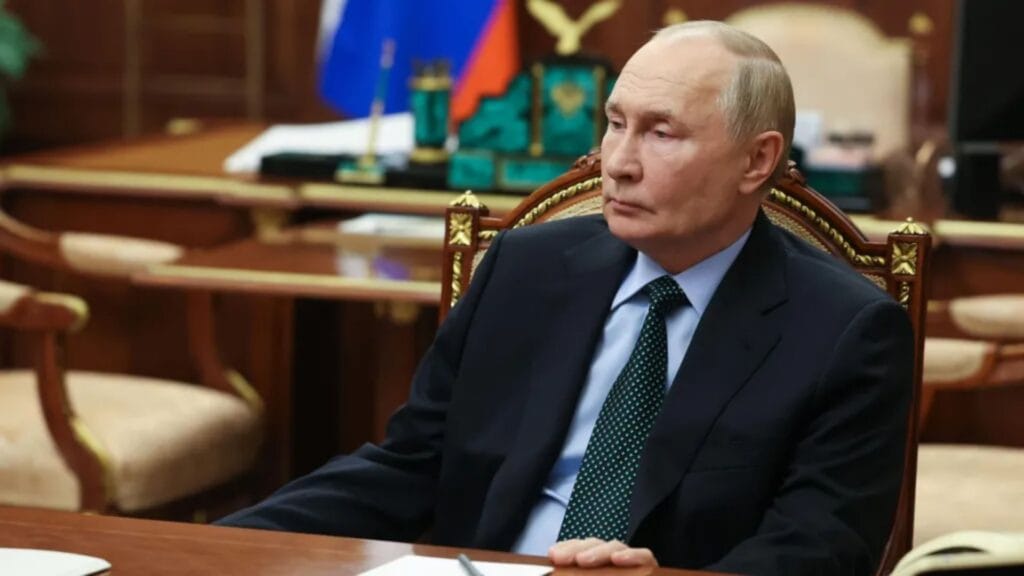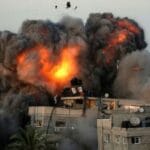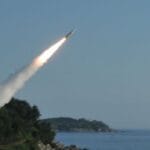Russia’s President Vladimir Putin has introduced significant changes to the nuclear doctrine of the country, rephrasing the scenarios in which it might deploy nuclear weapons. This decision, which was finalized on Tuesday coincidentally, the 1,000th day of the war in Ukraine is drawing the most significant attention and consternation worldwide.

The updated doctrine highlights new conditions for nuclear deployment. If a non-nuclear state attacks Russia but receives support from a nuclear-armed country, Russia will consider it a joint nuclear-backed aggression. This essentially widens the scenarios where Russia could justify the use of its nuclear arsenal.
Key Changes in the Russia’s Nuclear Doctrine
- Expanded Criteria for Nuclear Response: A significant conventional military attack—be it via missiles, drones, or aircraft—on Russia or its ally Belarus now may prompt a nuclear response. Included are threats to Russia’s sovereignty or territorial integrity.
- Coalition Aggression: If a country belonging to an international coalition attacks Russia, Moscow would view the aggression as from the whole coalition. This shifts the dynamics in terms of the way international coalitions might seek to engage Russia in conflict.
- More Threats on the Table: The list of things likely to trigger a nuclear response has grown, with Russian state media outlet Tass suggesting an even more aggressive position on the part of Moscow reflection of its heightened sense of vulnerability, or perhaps in an attempt to project that quality.
ALSO READ | Ukraine Strikes Deep into Russia with US-Made Long-Range Missiles
Why Now?
The latest development came in a stride with the United States agreeing to allow Ukraine to use long-range ATACMS missiles targeting Russian territory. This seems to be the direct reaction from Russia to what they feel is mounting threats, mainly from the West. The Kremlin even warned that any strikes within Russia’s borders could be considered direct involvement by the U.S. and its allies in the conflict.
Kremlin spokesman Dmitry Peskov called the revised doctrine a “critical document” and said other nations should read it “with attention.” “This is not a policy update,” he said. “It reflects the current reality Russia faces.”
Ukraine’s Reaction and Global Concerns
Ukraine has labeled Russia’s nuclear threats as “nuclear saber-rattling,” intended to intimidate its allies into scaling back their support. However, Kyiv seems unfazed, continuing to receive military aid from the U.S. and other Western nations.
Interestingly, though the new doctrine harbors fears of a potential nuclear war, Russian Foreign Minister Sergey Lavrov made an effort to assuage fears during the G20 summit in Rio de Janeiro. Lavrov emphasized Russia’s support for a world without nuclear weapons stating, “We are strongly in favor of doing everything to prevent nuclear war.
ALSO READ | G20 Summit Softens Stance on Ukraine and Russia, Calls for Peace Talks, and Addresses Gaza Crisis
But let’s face it, actions speak louder than words. While such rhetoric sounds consolatory, it seems at odds with Russia’s progress in expanding its nuclear doctrine. I think this mixed messaging undermines any real efforts toward global nuclear disarmament.
What This Means for Global Stability
This new doctrine to me looks and feels more like a flexing of military muscles than a serious defense measure. It’s as if Putin is drawing new red lines in the sand, hoping others won’t cross them. But this tactic could backfire—making the situation even more dangerous, this escalation might push countries into an arms race or further solidify alliances against Russia.
In my opinion, these updates won’t bring Russia any immediate advantage. The war over Ukraine is not something that can be won by nuclear threats alone. Ukraine and its allies appear to be resolute in their resolve to move forward, and actions of this sort are only further digging the gap between Russia and the rest of the world. Meanwhile, this doctrine might also alienate nations that are neutral or are not sure of who to take sides with.
What Should the World Do?
Rather than escalating tensions further, global leaders need to focus on dialogue and de-escalation. But with such high stakes and growing mistrust, achieving this seems like a long shot. Still, there’s no harm in trying, right?
Your Turn!
What do you think about these changes to Russia’s nuclear doctrine? Do you feel they are justified, or are they just another step toward a more dangerous world? Let’s discuss—share your thoughts in the comments! You can also follow us on Social Media for the latest updates on the Russia – Ukraine War and of course Memes too
Minutes by M31GlobalNews






